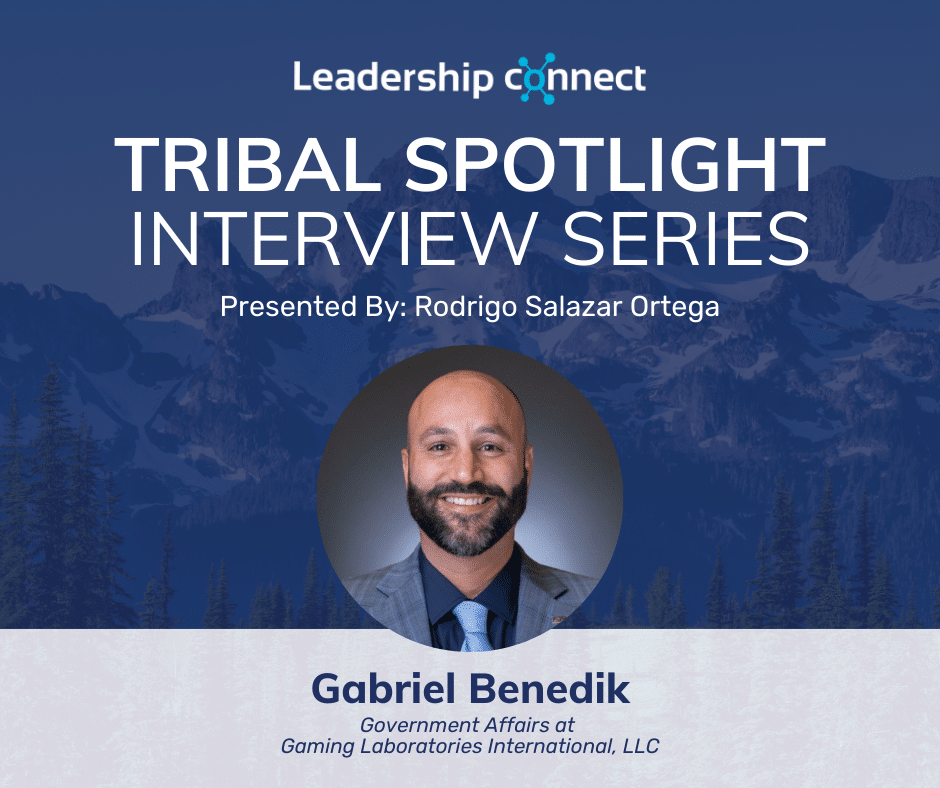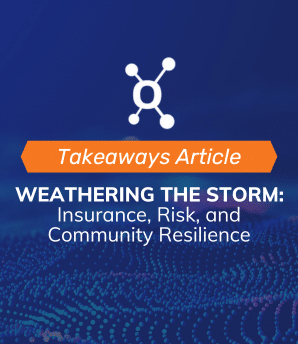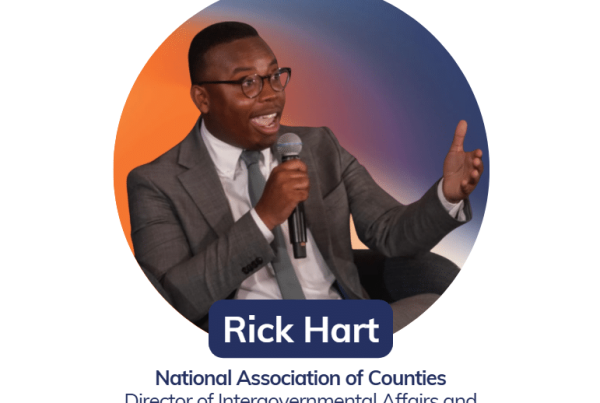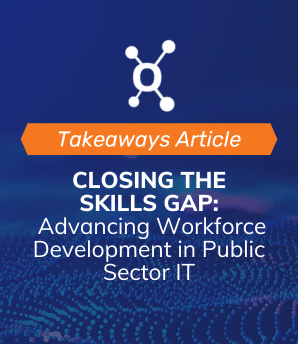
I spoke with Gabriel Benedik, who serves as a representative for Gaming Laboratories International (GLI). Gabriel brings over 15 years of experience in the gaming industry, with extensive work in both state and Tribal government relations. From being one of the first representatives tasked with fostering the relationship between the Seminole Tribe and the State of Florida to supporting gaming commissions across the East Coast, Gabriel’s work exemplifies the importance of collaboration, cultural sensitivity, and trust in building long-term partnerships.
Takeaways:
- Active listening and patience are critical to fostering meaningful partnerships with Tribal Nations.
- Respecting Tribal sovereignty while integrating modern regulatory frameworks ensures collaboration remains balanced and forward-looking.
- Flexibility and cultural sensitivity are essential when addressing the unique values and priorities of each Tribe.
Can you tell me about your career path that has led you to where you are now?
I began my career working on the Seminole Tribe’s gaming compact with the State of Florida, where I focused on fostering Tribal-State relationships and ensuring successful collaboration. After working directly with the Tribe, I transitioned back to the commercial side, focusing on stakeholder management. That experience eventually led me to Gaming Laboratories International (GLI), where I now work with State and Tribal governments, as well as gaming commissions, covering the East Coast. My journey has allowed me to support gaming initiatives while continuing to build on the relationships I established with the Seminole Tribe and other Tribal Nations.
How did you become passionate about the intersection of government and tribal communities, and how do you stay informed and engaged in those areas?
Early on, I recognized the unique challenges Tribal Nations face when engaging in regulatory frameworks. Working with the Seminole Tribe and other Tribal gaming commissions deepened my understanding of these challenges and showed me how to approach them with care and respect. Over the years, I’ve prioritized listening and aligning with Tribal Nations’ goals to foster successful collaboration. Staying informed requires constant learning, whether through dialogue with Tribal leadership or staying updated on regulations and innovations in gaming.
What do you believe sets Tribal Government Relations apart as a unique work environment, and how do you navigate its challenges in your everyday work?
Every Tribe is unique, with its own values, priorities, and governing structures, which makes this work incredibly dynamic and challenging. Flexibility and a genuine commitment to trust-building are essential. Open-mindedness and respect are equally important, especially when discussing new innovations or regulations. Ensuring solutions honor Tribal sovereignty while meeting regulatory requirements requires balance, cultural awareness, and a focus on long-term partnerships.
Describe challenges that significantly influenced your growth as a professional. How did you handle the challenge, and what did you learn from the experience?
One of the most defining moments in my career was working as one of the first representatives tasked with building a relationship between the Seminole Tribe and the State of Florida. This was during the time they were negotiating the gaming compact, which was groundbreaking as the first agreement of its kind in the state. It was a rewarding yet challenging experience because we were navigating uncharted territory, balancing the Tribe’s sovereignty with the State’s objectives. By prioritizing open communication, cultural sensitivity, and trust-building, we reached an agreement that stood the test of time. That project solidified my passion for government and Tribal relations and showed me how collaboration could yield significant, lasting outcomes.
What advice would you give to someone navigating how to bridge the gap between traditional practices and modern governance structures?
Start by actively listening. Whether you’re working with Tribal leaders or other stakeholders, understanding their priorities and concerns is crucial. Building trust and learning about their values will always make a difference. Collaboration and education are essential—modern tools can complement, not replace, traditional practices. Above all, be patient and respect sovereignty. Strong partnerships come from mutual respect and a willingness to learn.
Word Association, what is the first word that comes to mind for each of there?
- Policy – Foundation
- Networking – Connections
- Communications – Clarity
- Leadership Connect – Influence






